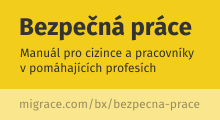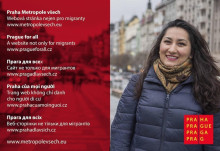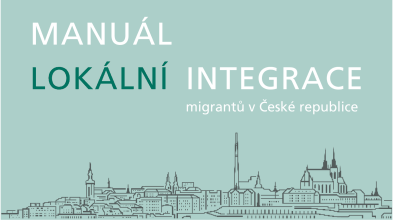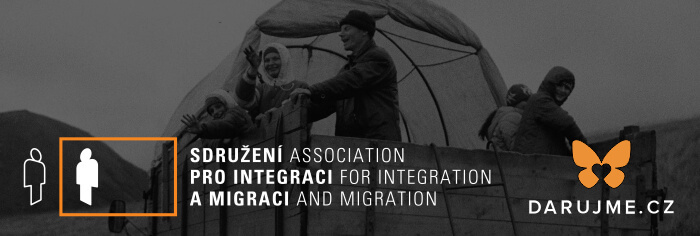About Domestic work
More and more Czech households have a Filipino nanny
A Czech Television report on the issue of labour migrants in the Czech Republic with a brief contribution by Magda Faltová from SIMI. Watch it here.
International Labour Organization adopts new protections for domestic workers
Since mid-June, tens of millions of domestic workers around the world have been enjoying new international standards approved by the International Labour Organization (ILO) at its 100th-anniversary conference in the form of the binding Convention Concerning Decent Work for Domestic Workers. For the first time in history, these workers have been granted rights equal to those enjoyed by other workers based on national labour laws.
Adoption of the Convention was also welcomed by the Association for Integration and Migration, which recently began to work intensively on the issue of the labour conditions of female foreigners working in Czech households. You will find the entire press release here.
The Senat of the Czech Rep. didn't ratify the Convention. The statement of AIM to this decision you can find here . About the rights of domestic workers and the ratification of the Convention you can watch the Udalosti/News at the Czech TV.
Asian service or Czech families discover the attractiveness of exotic homemakers
“She finishes every workday with the same ritual. At exactly 11 p.m., she dials her husband’s number over the internet. He gets up at 4 a.m. for the regular call, and after talking for an hour he wakes the children so they can hear their mother too. Sometimes they even do homework together over the internet, and when the mother finally lies down on the ground floor of a four-storey building in Prague’s Střešovice district, her family is beginning a new day on the other side of the planet. Forty-six-year-old Emily Acielo is one of dozens of Filipino homemakers living and working in Czech households.” You can read the full article in Respekt on domestic workers with a contribution by Pavel Duba, head of the social department at SIMI, here.
What rights do, or don’t, foreigners who clean Czech houses have?
Listen to an interview with Magda Faltová, director of SIMI, for Czech Radio news on the situation of foreigners in the Czech Republic, as well as a contribution for the programme Nad věcí, or ČT24’s programme Fokus.
Eva Valentová was also a guest on TV Metropol, and so you can learn more about our campaign and the issue of labour migrants on the programme Na vrcholu (from the 6th minute of the recording) or the Studio 6 and Sama doma.
Stories of foreigners who are working or have worked in Czech households as maids, homemakers or caregivers have been documented by Czech Radio editor Goranka Oljača in the programmes My a oni on ČRo Regina and Zaostřeno na cizince on ČRo 6.
The SIMI campaign has also attracted great interest in Ukraine in local media
For example, a television crew from Ukrainian television station INTER TV even travelled to Prague to report on the campaign.
More information about domestic work for female migrants and their employers can be found here: www.pracovnicevdomacnosti.cz









